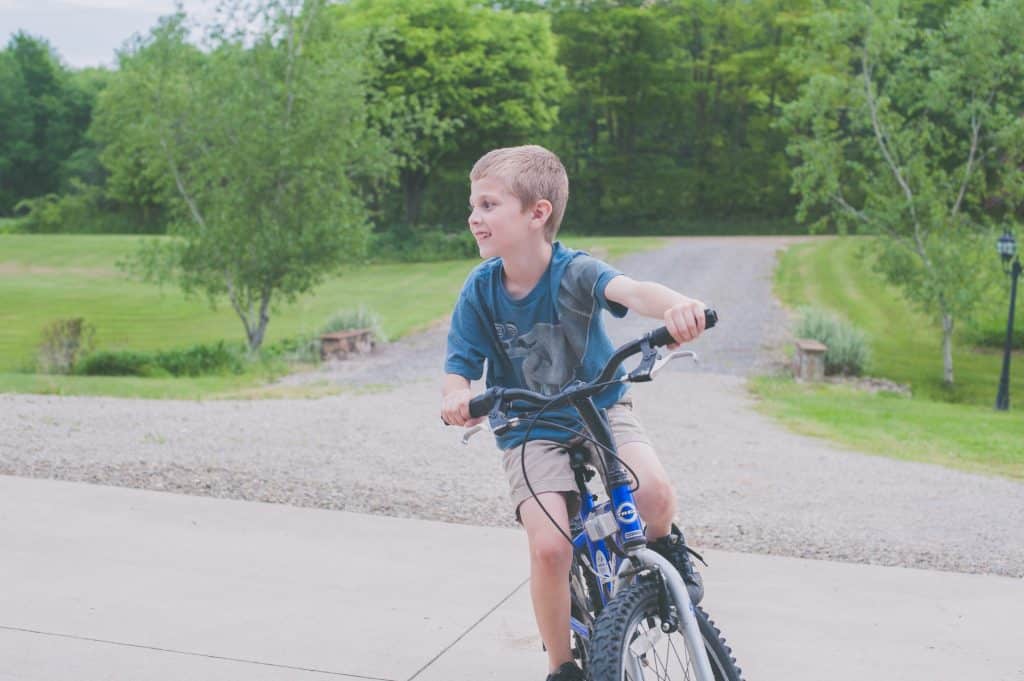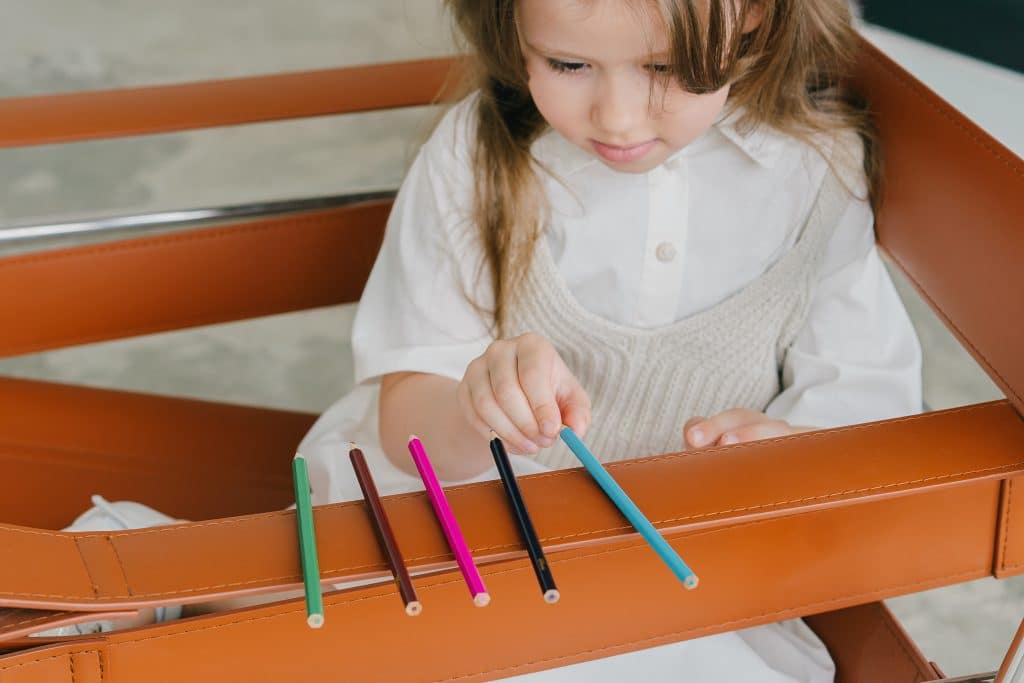While you watch your neurodivergent child grow, you’ll likely ask: What are the stages of physical development? In this comprehensive guide, we’ll explore these stages with a focus on the unique needs of children with thinking and learning differences. We’ll dive into gross motor skills, fine motor skills, and sensory integration, as well as share practical tips and tailored strategies to help you support your child. Right from everyday activities to consulting professionals, we’ll cover all the necessary information to ensure your child blossoms and thrives throughout their physical development journey.
Table of Contents
Gross Motor Skills: Building a Strong Foundation
Firstly, mastering gross motor skills is essential, as it involves controlling the larger muscles in the body. These skills allow your child to crawl, walk, run, and perform any movement that engages their limbs and torso.
For neurodivergent kids, this stage can be more complex, but every challenge can be overcome with persistence, the right exercises, and patience.
Steps to support gross motor development:
- Prioritize floor play: Strengthening core muscles provides a strong foundation for other physical activities.
- Emphasize bilateral coordination: Encourage crawling, climbing, and activities that involve working both sides of the body in harmony.
- Keep it fun: Choose engaging, non-intimidating activities and practice consistently for gradual improvement.
Gross Motor Skills in Everyday Life:
Meanwhile, parents can also incorporate gross motor development into daily routines, making it a smooth and seamless process. For instance, playing ball games or dancing can help improve your child’s balance, coordination, and overall body strength.

Read more: Child Development Stages
Fine Motor Skills: Refining the Details
Fine motor skills are all about precision and control. These skills require using smaller muscle groups in the arms, hands, and fingers to accomplish tasks like picking up small objects, writing, or tying shoelaces.
For neurodivergent children, cultivating fine motor skills can present its own set of hurdles. However, you can guide them to overcome these obstacles with practice, encouragement, and targeted exercises.
Strategies for enhancing fine motor skills:
- Encourage hand-eye coordination: Puzzles, threading beads, and similar activities can help develop precision movements.
- Strengthen hand muscles: Build dexterity by pinching, squeezing, and twisting objects.
- Promote independence: Allow your child to develop their skills by completing tasks on their own, with patience and support.
Fine Motor Skills at Home:
In addition to the aforementioned strategies, expose your child to activities like finger painting, playdough modeling, or using building blocks. These fun activities will aid in developing their fine motor skills while adding an element of delight to everyday routines.

Read more: Sensory Processing Disorder Is More Than Just One Thing
Sensory Integration: Harmonizing the Senses
Sensory integration plays a crucial role in how your little one processes and responds to information from all senses. Neurodivergent kids may experience heightened sensitivities or struggle with coordination, complicating even simple daily activities.
Supporting Sensory Integration:
- Design a sensory-friendly environment: Control lighting, minimize loud noises, and create cozy, safe spaces.
- Integrate sensory breaks: Offer calming activities like deep pressure hugs or listening to soothing music.
- Consult professionals: Occupational therapists are equipped to provide personalized strategies for your child’s needs.
Sensory Integration in Daily Life:
To further support children with sensory challenges, consider incorporating sensory activities throughout the day. These could include weighted blankets, fidget tools, or balancing exercises that help them focus, self-regulate, and feel more at ease in varying environments.
Goally | Apps To Support Child Development
Looking for fun ways to help your child learn life skills? Try Goally! The Goally tablet comes with award-winning learning apps and video classes to help kids develop the skills they need to become independent with FUN & evidence-based practices.

Our apps teach executive function, language, emotional regulation, finger dexterity skills, and more.
As your child develops new skills, you can increase the difficulty level of the tasks in the app to challenge and motivate them even further. This helps your child grow and progress at their own pace, while also keeping them engaged and excited about their development.

Embrace Your Child’s Unique Journey
As we sum up, it’s crucial to remember that although the stages of physical development follow general patterns, each neurodivergent child’s journey is distinctively unique. Assisting them in acquiring gross motor skills, fine motor skills, and sensory integration will lay a strong foundation for a balanced, fulfilled life. Remain patient, flexible, and embrace creativity as you work with your child. With the right tools and a tailored approach, they can blossom and thrive in their physical growth. In the end, it’s all about celebrating the wonderful progress you and your little one achieve together on this incredible journey.
This post was originally published on 05/28/2023. It was updated on 09/06/2023.

Goally
We help parents teach their kids life skills, like doing bedtime and morning independently. Backed by science, we incorporate evidence-based practices and expert-informed designs in all of our apps and content.





